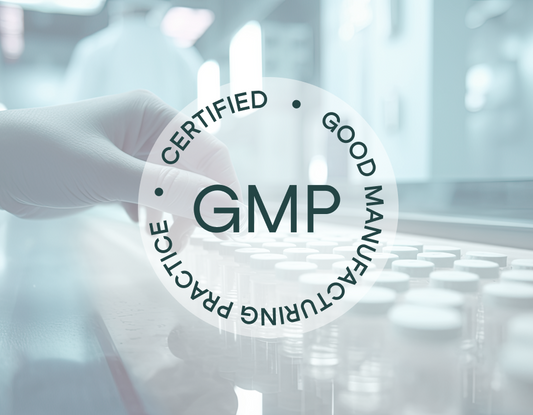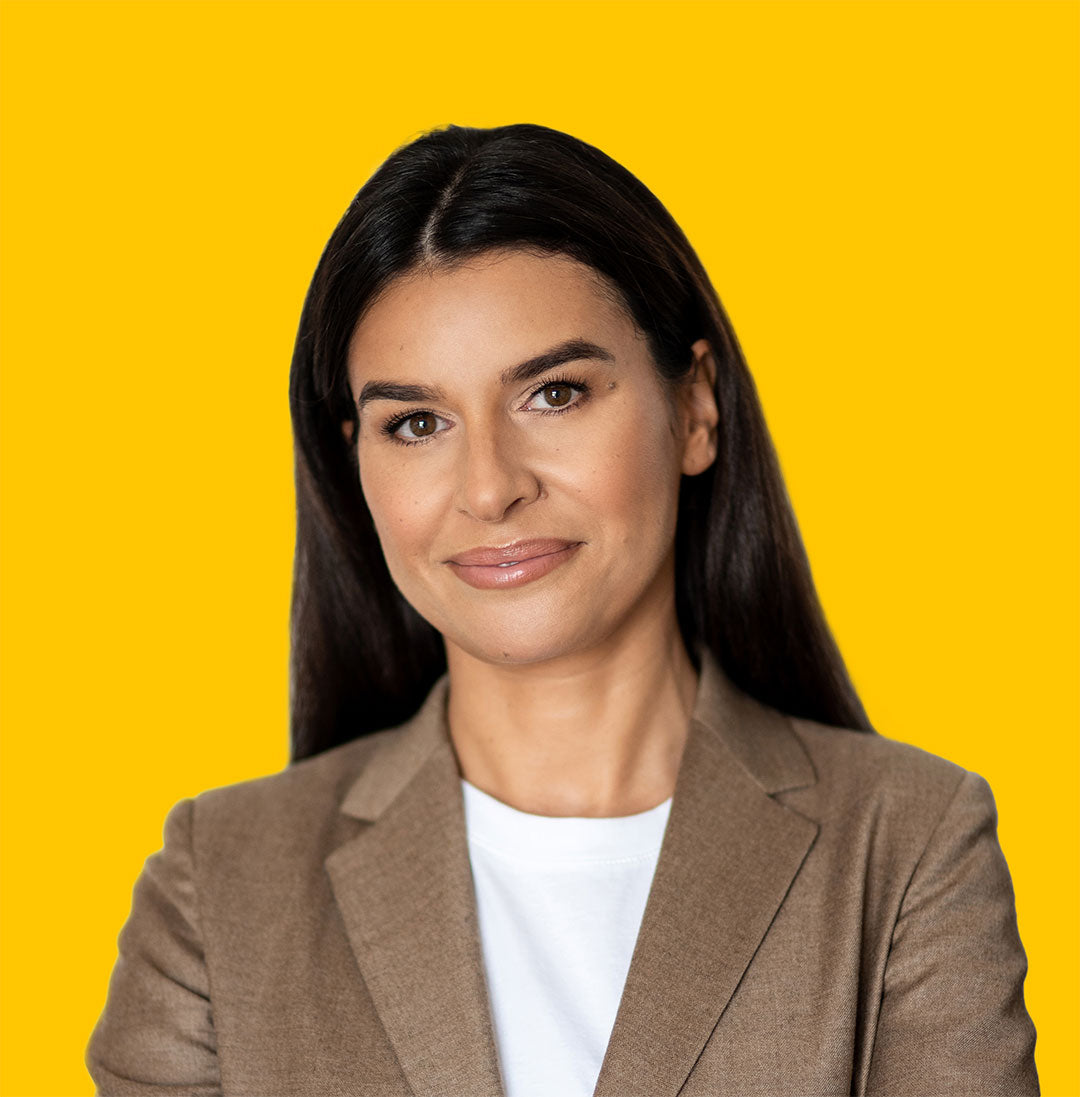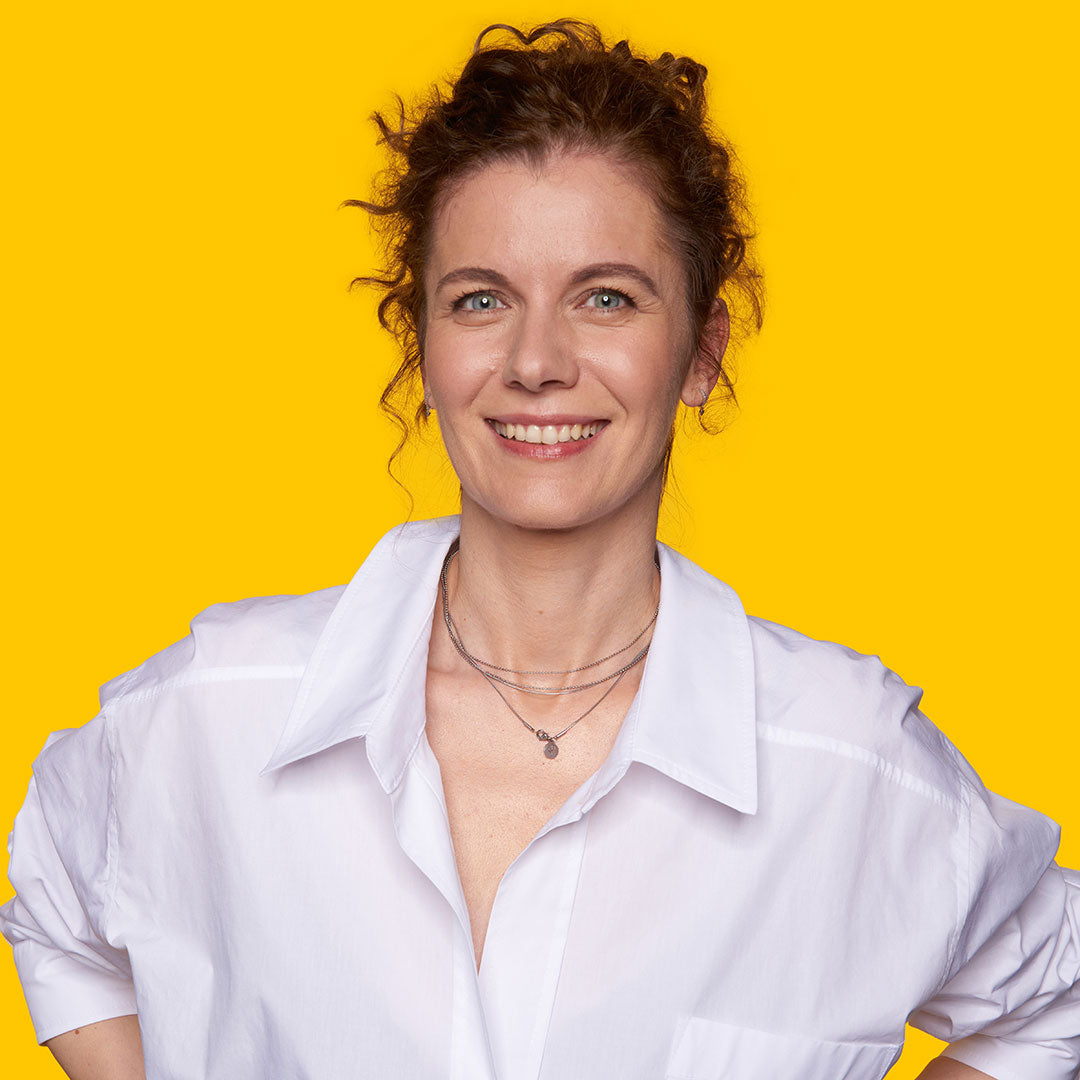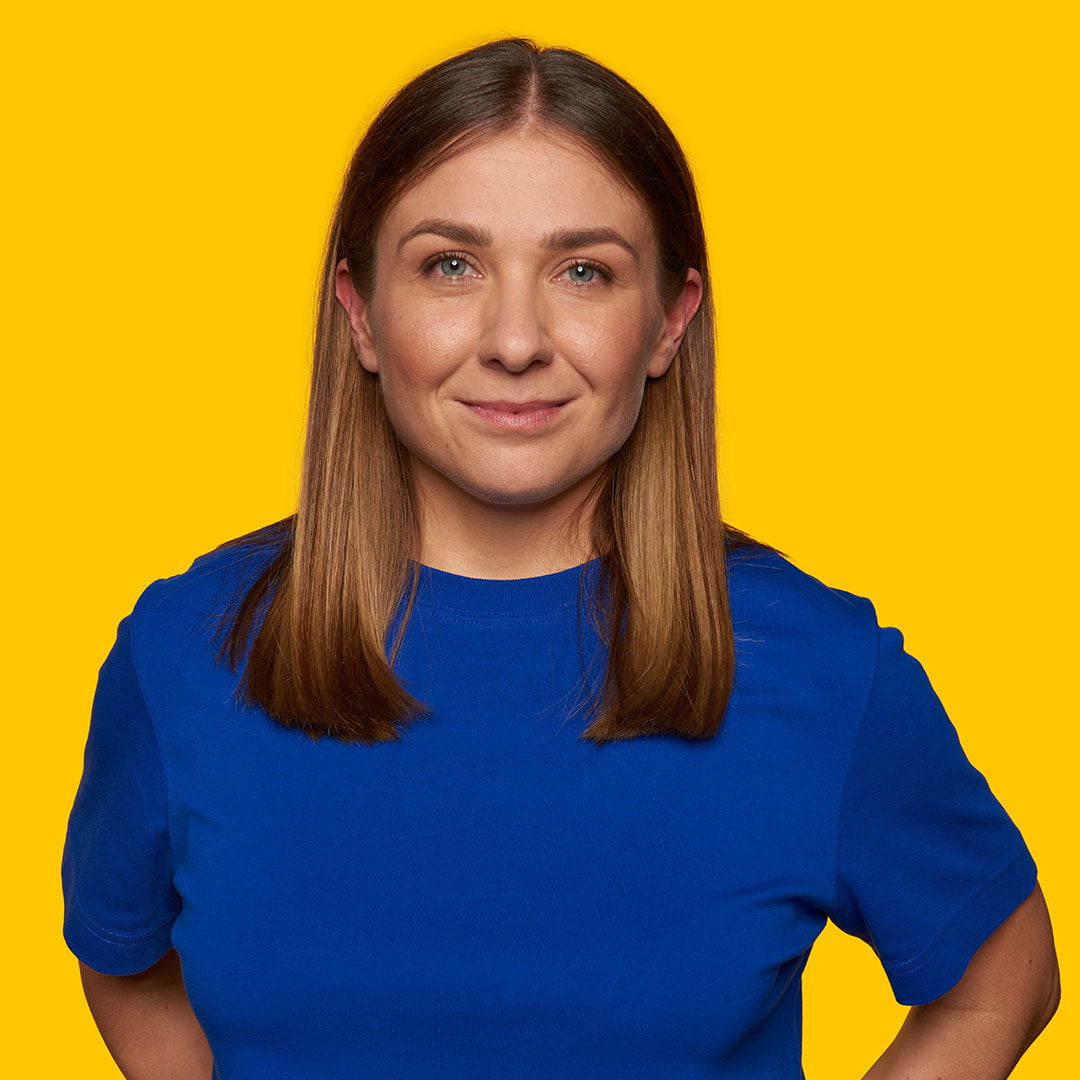
The potential of food has been known for thousands of years. However, today, instead of a balanced meal, we prefer to swallow a tablet or drink a powdered cocktail. Despite this, scientists postulate that a healthy diet should be the first item on the list of recommendations from every doctor.
Improper diet is one of the causes of chronic disease and death from these diseases worldwide. According to WHO, it is one of the three most important factors that ruin our health and which we have a direct influence on (along with lack of physical activity and smoking) 1 . Because it depends on us what we feed on. Without appreciating the role of food in our lives, we spend a lot of money on "magic pills" that do not bring the desired results. Because the word "supplement", borrowed from English, means "supplement" . So this food is the basis, without which any additions simply won't work.
Why there is no "food for people".
Food serves many more functions in human life than just providing nutrients . During a meal, we enjoy the richness of flavors, textures, smells and colors. They are a feast not only for the stomach, but also for the senses. This whole environment, along with our mental attitude at the time of eating, also affects our health and what we absorb from our diet. This is one of the reasons why no one has yet created a complete "human food" . Even the so-called elemental food, which is used in sick people, after surgery and during convalescence, is not enough in the long run, even though it is balanced in terms of the ingredients necessary for the body. Such a diet inevitably leads to nutritional deficiencies and has a negative impact on one's mental state 2 .
The situation is similar in the case of loss of smell and taste (e.g. during COVID-19 disease). Everything starts to taste the same and does not bring satisfaction, we start to get irritated and even risk falling into depression 3 . In addition, scientists point out that real food contains such elements in trace amounts that we may not even suspect. Therefore, we will not find them in the composition of medicines and supplements 4 . Despite trace amounts, such substances can perform important functions - e.g. help in the absorption of other ingredients . If we do not provide our body with them from food, we expose ourselves to deficiencies. Nature itself tells us that we will not find the path to health and happiness without a varied and tasty diet.

Food as medicine.
The healing properties of food have been known to mankind for thousands of years. One of the most famous examples of how simple food can save lives is the story of sailors who contracted scurvy during long expeditions . Between 1600 and 1800, millions of people died at sea from this disease, more than from shipwrecks, battles and other diseases combined. 5 . The cause was a simple vitamin C deficiency resulting from the poor diet on board. The solution was a supply of sauerkraut , which all ships began to be equipped with before a long voyage, and citrus juices , which sailors drank during stops.
Changing your diet can still work wonders today. There is growing scientific evidence that nutritional interventions not only help you lose weight, but also reduce the risk of cardiovascular disease. 6 , cancer 7 and death 8 , chronic inflammatory diseases 9 , as well as neurodegenerative 10 . The list, of course, is incomplete and is constantly updated by scientists. After introducing nutritious meals into your daily routine, you will definitely feel a change in your well-being, so the effort is worth it. And if you don't know where to start to make healthy eating a habit, look here .

You can't overdose on ingredients from real food.
You can eat apples or oranges, but do not overdose on the vitamins and minerals they contain. Our body activates a natural regulatory mechanism. After we feel full, we cannot even look at the product we have eaten in large quantities for a long time. In the case of tablets and capsules, there is a significant risk of overdose if we swallow too much . The tablet or capsule is tiny, can be purchased over the counter and does not appear to be dangerous. However, if we follow the philosophy of "more is better", we may do more harm than good.
American scientists examined over 30,000 people and compared their health status, including supplementation 11 . It turned out that providing the body with the necessary amount of magnesium, zinc, vitamins A and K from food itself contributed to reducing the risk of death and cardiovascular diseases. However, taking excessive calcium supplements increased the risk of dying from cancer.
We live in a world where many store-bought food products are already fortified with vitamins and minerals. Breakfast cereals, plant milk, "healthy" bars, juices, flavored water - these are just some examples. After eating several of these things and taking additional vitamin C, for example, we risk overdosing it. As a result, we may experience nausea, diarrhea and stomach cramps 12 . In a similar way, you can get too much of some minerals, e.g. zinc and selenium. This can manifest itself in the form of hair loss, gastrointestinal disturbances, fatigue and even mild nerve damage 13 .

Is diet alone enough?
A varied diet is the basis and in some cases it can also be a cure, although not always the only one 14 . It can certainly be said that healthy eating is the first step on the path to a better life . Only and that's it.
More and more researchers are saying that changing your diet should be a “first-line intervention” recommended by doctors 15 16 . This allows you to avoid prescribing unnecessary drugs, improve the results of pharmacological treatment, reduce the number of hospital admissions and relieve the burden on the health care system. 17 .
Of course, this does not mean that supplementation is bad, on the contrary. To take advantage of the benefits it offers, it is worth approaching it wisely and in moderation, treating it as an addition .
Bibliography:
- “Preventing chronic diseases: a vital investment. WHO global report. World Health Organization, 2005
- Streit L., “What Is an Elemental Diet, and Can You Use It for Weight Loss?” Healthline.com, July 30, 2019
- Coelho DH,, Reiter ER, Budd SG et al., “Quality of life and safety impact of COVID-19 associated smell and taste disturbances”, American Journal of Otolaryngology, 2021.
- Feltman R., “Why Don't We Have Food Replacement Pills?” Popularmechanics.com, March 21, 2013
- Price C., “The Age of Scurvy.” Science History Institute, August 14, 2017
- Franzini L., Ardigò D., Valtueña S. et al., “Food selection based on high total antioxidant capacity improves endothelial function in a low cardiovascular risk population.” Nutr Metab Cardiovasc Dis, January 2012
- Li W. W., Li V. W.,. Hutnik M., Chiou AS, “Tumor angiogenesis as a target for dietary cancer prevention.” JOncol. 2012
- Dinu M., Abbate R., Gensini GF et al., “Vegetarian, vegan diets and multiple health outcomes: A systematic review with meta-analysis of observational studies.” Critical Reviews in Food Science and Nutrition, June 13, 2017
- McDougall J., Bruce B., Spiller G., Westerdahl J., McDougall M. “Effects of a Very Low-Fat, Vegan Diet in Subjects with Rheumatoid Arthritis,” The Journal of Alternative and Complementary Medicine, July 5, 2004.
- Sindi S., Kåreholt I., Eskelinen M. et al., “Healthy dietary changes in midlife are associated with reduced dementia risk later in life.” Nutrients. 2018
- Chen F., Du M., Blumberg JB, “Association Among Dietary Supplement Use, Nutrient Intake, and Mortality Among US Adults. A Cohort Study.” Annals of Internal Medicine May 7, 2019
- Elliott B., “Does Too Much Vitamin C Cause Side Effects?” Healthline.com, December 13, 2019
- Meixner M., “7 Signs and Symptoms of Zinc Overdose.” Healthline.com, June 16, 2018
- “Food First: Dietary Change Improves Outcomes,” The Institute for Functional Medicine, accessed December 14, 2021.
- Sandquist L., “Food First: Nutrition as the Foundation for Health.” Creative Nursing, accessed December 14, 2021.
- Storz MA, “Is There a Lack of Support for Whole-Food, Plant-Based Diets in the Medical Community?” The Permanente Journal, 2019
- Downer S., Berkowitz SA, Harlan TS, Olstad DL, Mozaffarian D.,"Food is medicine: actions to integrate food and nutrition into healthcare." BMJ 2020

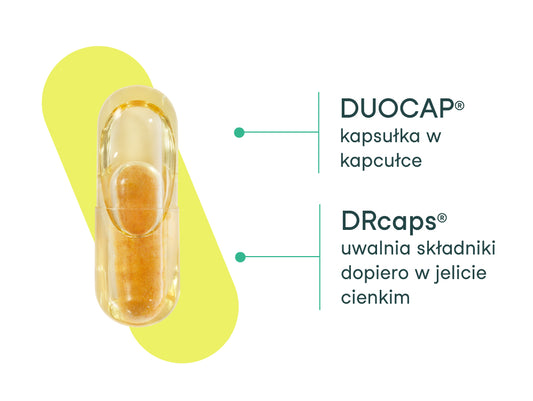
What makes our capsule stand out?
The nikalab capsule impresses not only with its appearance, but also with its operation. We used two innovative...
